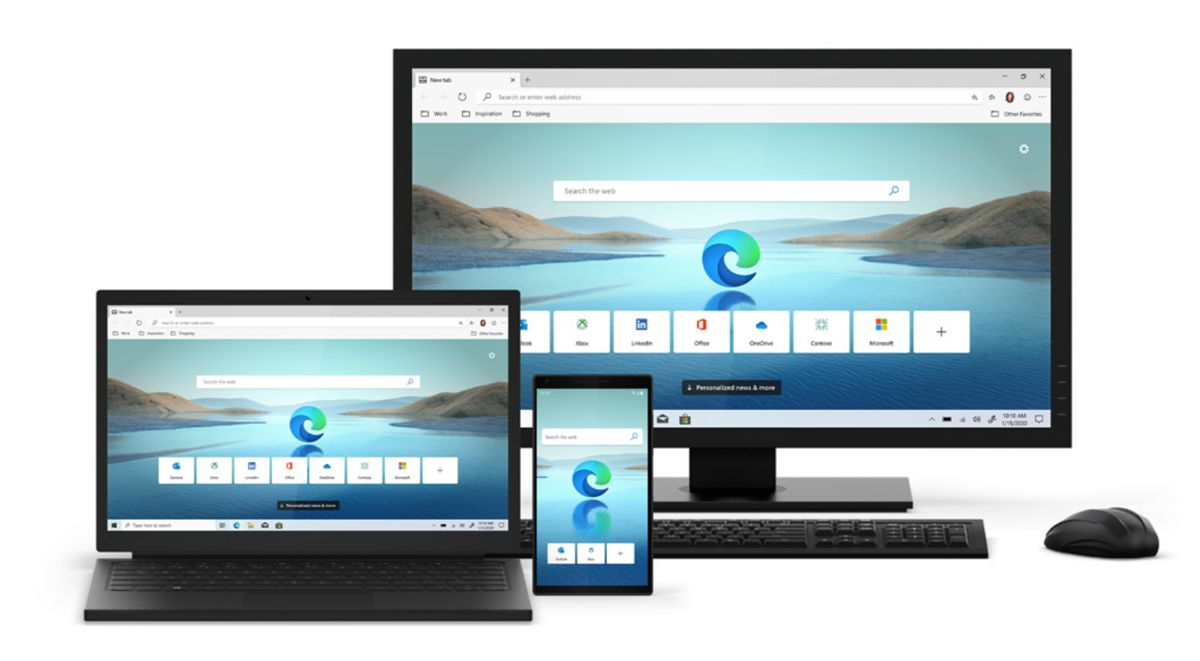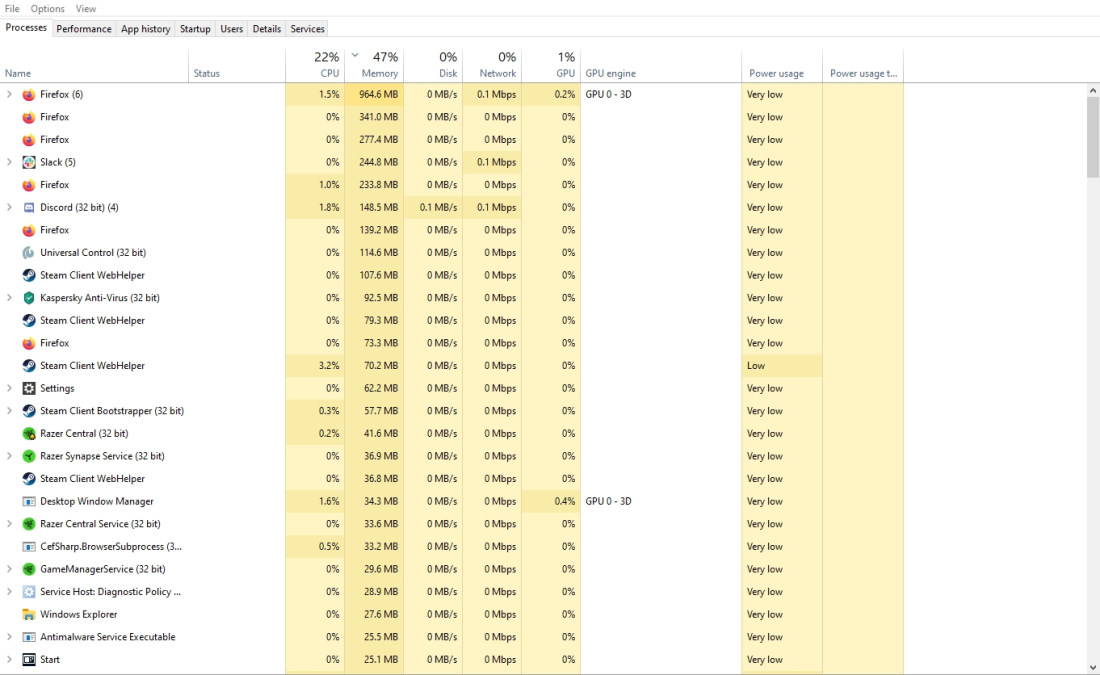How To Free Up RAM On Windows PC for Boost Performance
There are several factors that can affect the overall speed of your computer. The processor speed, the storage type (HDD vs SSD), and also how much RAM you have. RAM is important and if you find apps crashing a bit too frequently for your liking, or if apps are running sluggish, then RAM could be one of the reasons why.
What is RAM?
RAM is where your computer stores short-term data that needs to be frequently accessed and used by applications that are currently running.
The more RAM you have, the more processes can run in the background. It also makes it easier to switch between tasks, which is important if you have multiple applications open and need to move back and forth between them.
This is why, like we said, if you find that your computer is suddenly feeling a bit sluggish, it should be a sign that your computer has maxxed out its RAM. One of the ways of resolving this problem is to simply add more RAM, but if you don’t have the funds or don’t want to add more RAM right now, don’t worry, here are some ways to help you free up RAM.
Restart Your Computer
The fastest way to free up RAM on your computer is to simply restart it. By restarting it, it essentially puts it at its most basic state where only your operating system and other startup apps are running.
Upon restarting, your computer should feel relatively speedy and smooth again. From here, you can start launching apps and seeing how it affects your computer to find out which apps might be responsible for taking up the most RAM.
Updating Your Software
 Another possible reason why some applications might be eating up more RAM than it should is because it is out of date. Software updates usually come with a host of improvements and bug fixes meant to help the app run smoother and work better. In some cases, an app might have a memory leaking bug that causes it to consume more RAM, so keeping your software up to date could help.
Another possible reason why some applications might be eating up more RAM than it should is because it is out of date. Software updates usually come with a host of improvements and bug fixes meant to help the app run smoother and work better. In some cases, an app might have a memory leaking bug that causes it to consume more RAM, so keeping your software up to date could help.
Use A Different Browser
 There are multiple apps that accomplish the same thing, and browsers are one of them. Google’s Chrome has built a reputation for itself as being a bit of a RAM hog, so if you’re trying to free up some RAM, you could try switching to a different one.
There are multiple apps that accomplish the same thing, and browsers are one of them. Google’s Chrome has built a reputation for itself as being a bit of a RAM hog, so if you’re trying to free up some RAM, you could try switching to a different one.
Microsoft Edge might be a worthy alternative as it is running on the same Chromium platform as Chrome, so you should be able to get the same experience and use the same extensions as you did in Chrome.
Disable Browser Extensions
 Speaking of browsers, there is a chance that the browser extensions you’re using could also be causing unnecessary RAM consumption, especially those that are constantly running while your browser is active. You can try disabling your extensions one by one to see which could be the biggest culprit.
Speaking of browsers, there is a chance that the browser extensions you’re using could also be causing unnecessary RAM consumption, especially those that are constantly running while your browser is active. You can try disabling your extensions one by one to see which could be the biggest culprit.
Killing Memory Intensive Processes
 As your computer runs a lot of programs and system processes in the background, some of it might be using a lot of RAM. Not all of these apps might be necessary, so killing them and stopping them from running could be a way to quickly free up some RAM.
As your computer runs a lot of programs and system processes in the background, some of it might be using a lot of RAM. Not all of these apps might be necessary, so killing them and stopping them from running could be a way to quickly free up some RAM.
Press Ctrl + Shift + Esc to bring up the Task Manager, and under the Memory column, you should see how much memory is being used in total, and how much each individual app is using as well.
You can then click on the app or process and click End Task at the bottom right corner of the window to kill it off. This is kind of a temporary fix because once you relaunch that application, your RAM usage will just go up again.
Scan For Malware

Another possible reason that your computer seems to be sluggish could be due to malware running in the background that you’re unaware of. Just to be safe, you should run a malware scanner like that of MalwareBytes just to be safe.
Hopefully it doesn’t find anything, but spending a few minutes scanning your computer and keeping it clean isn’t a bad idea.


